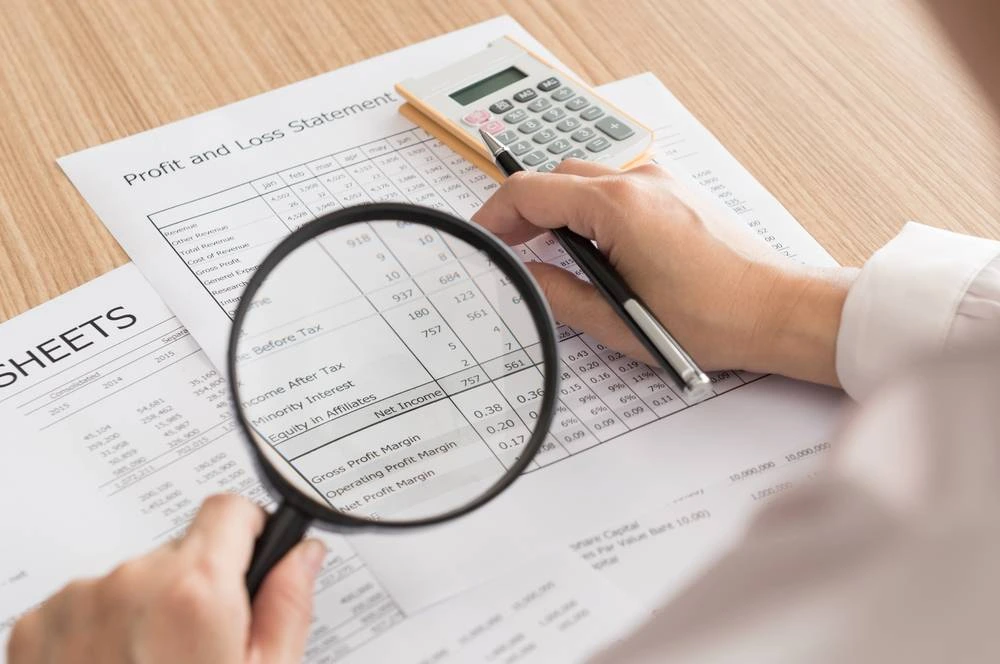Crypto in Thailand: What’s Legal and What’s Not in 2025
Thailand isn’t banning crypto—but it’s not letting things run wild either. With more traders entering the market, the big question remains: Is crypto trading legal in Thailand?
This FAQ clears up the confusion by tackling the key legal questions investors, expats, and digital nomads are asking in 2025.
Is crypto trading legal in Thailand in 2025?
Yes. Trading crypto is legal in Thailand—as long as you use platforms that are licensed by the Thai SEC (Securities and Exchange Commission). These include exchanges like Bitkub, Binance Thailand, and (if it rebounds) Zipmex.
Unlicensed platforms? That’s where things get tricky—and potentially illegal.

Is Crypto Trading Legal in Thailand: Can I use any crypto exchange I want?
Not quite. Only exchanges registered with the Thai SEC are considered legal. Using offshore or unregistered platforms might violate Thai regulations and put your funds at risk.
Stick with verified, regulated platforms to avoid legal issues.
Is it legal to use crypto to pay for goods and services?
No. Since 2022, Thailand has banned the use of crypto for payments. You can’t use Bitcoin, Ethereum, or any other token to buy coffee, pay rent, or settle bills.
Crypto is considered an investment asset—not a currency.

Do I have to pay tax on crypto profits in Thailand?
Yes. If you’re a Thai resident, profits from crypto are subject to a 15% capital gains tax. In practice, tax enforcement has been inconsistent—but that may change soon as authorities invest more in tracking and compliance tools.

What crypto activities are not legal in Thailand?
Thailand has drawn a few clear lines. These activities are currently not allowed:
- Using crypto for gambling
- Trading on unlicensed foreign exchanges
- Issuing or promoting unapproved tokens or NFTs
- Using stablecoins as a substitute for the Thai baht
Also, if you’re launching a crypto business, you need a license from the SEC or face serious penalties.

Credit from : Opple House
What has changed in 2025 compared to earlier years?
The SEC has made several regulatory upgrades in 2025:
- Stricter vetting for new tokens
- Mandatory proof-of-reserve disclosures from exchanges
- Enhanced KYC/AML checks for all users
- Tighter rules for token promotions and influencer campaigns
These moves are designed to reduce scams, protect users, and build long-term trust in the market.
Can foreigners legally trade crypto in Thailand?
Yes. Foreigners can trade crypto in Thailand, but you must go through the same KYC process as Thai nationals and use a Thai bank account.
If you’re a digital nomad using foreign apps while living in Thailand, you may be in a legal gray area. It’s safer to stick with local, regulated exchanges.

What about Central Bank Digital Currency (CBDC)?
Thailand is actively exploring a CBDC. In 2025, a pilot program is underway, but it’s not yet available for public use. This could reshape how digital finance works in the country—but for now, it’s still in testing.
Is it legal to run a crypto-related business in Thailand?
Yes—but only if you register with the SEC. Running an exchange, brokerage, or ICO portal without a license is illegal.
If you’re building a Web3 startup in Thailand, be sure to check the licensing requirements early.
So what’s the safest way to trade crypto in Thailand?
- Use SEC-licensed platforms like Bitkub or Binance Thailand
- Don’t use crypto for payments
- Track your gains and prepare for possible tax obligations
- Avoid shady apps or unregistered exchanges
- Keep an eye on new laws—they’re evolving fast

Final Note: Stay Legal, Stay Smart
Crypto trading is definitely legal in Thailand—but only within the system the government has set up. Thailand isn’t trying to ban crypto; it’s trying to build a safer, more stable market.
If you stay compliant and use the right platforms, there’s plenty of room to explore, invest, and build your crypto portfolio legally in 2025.
Still unsure? When in doubt, check with Thailand’s SEC or a legal advisor familiar with digital asset laws.




